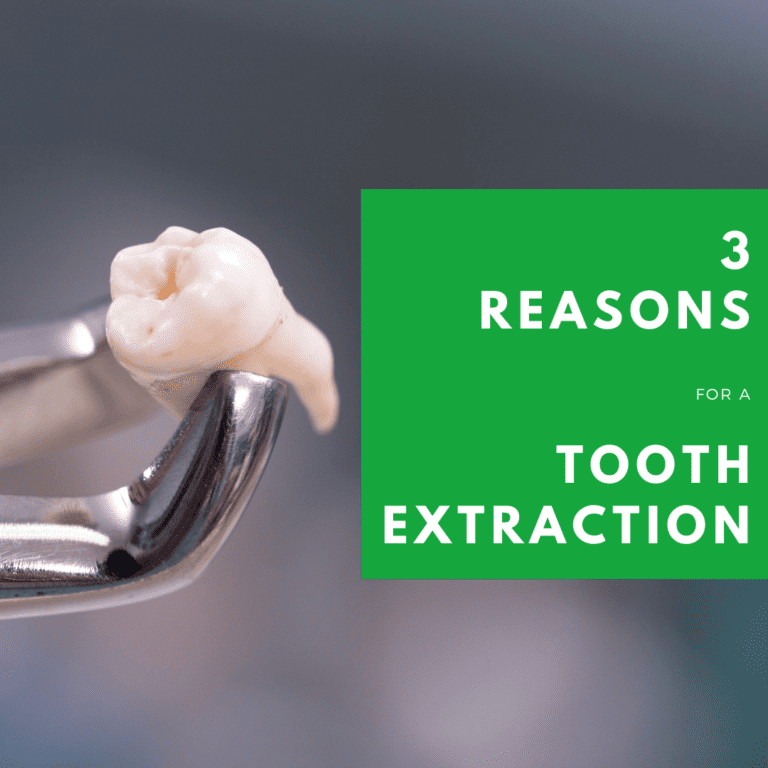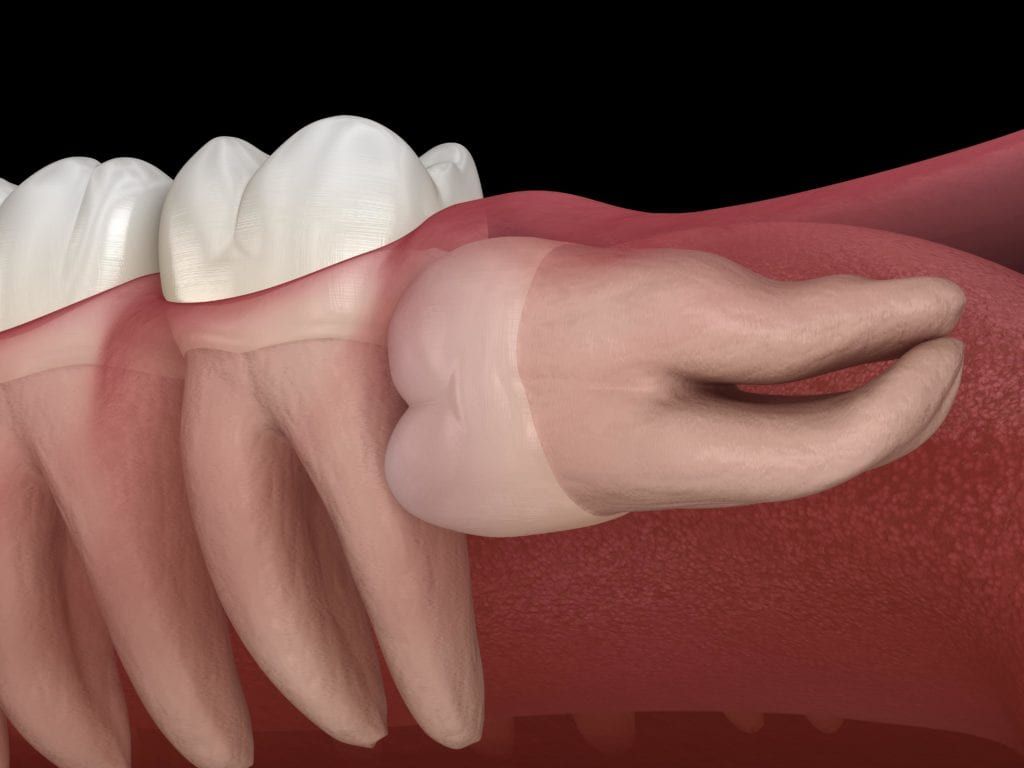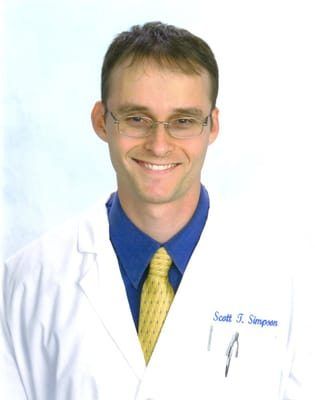3 Reasons for a Tooth Extraction

Tooth extractions are probably one of the most feared dental procedures. However, they are not as bad as they seem. First and foremost, most patients do not feel or remember anything from their procedures and most heal rather quickly. Secondly once the extraction site has healed, patients will likely feel better than they did before the extraction.
How is this possible you may wonder. This is possible because tooth extractions are only performed when the tooth being extracted is threatening the surrounding structures or overall oral health. Once it is removed, it allows the body to return to its previously healthy state.
So, how do you know when you may need a tooth extraction? Here are three reasons for a tooth extraction:


Impacted Wisdom Teeth
Impacted wisdom teeth are by far the most common reason for a tooth extraction. Impaction is a dental term that refers to teeth that are unable to entirely erupt out of the gums. Fully impacted wisdom teeth are those that have never broken through the gums and may be lying horizontally within the gums. Partially impacted wisdom teeth are those that have partially broken through the gums, but part of the tooth still remains within the gums. In both cases, a surgical extraction is usually needed to remove the wisdom teeth. During a surgical extraction, an incision is made in the gums, the affected tooth is broken down into smaller pieces, and each piece is removed individually. This approach is used to minimize trauma to the surrounding structures and promote faster healing.

Severe Tooth Decay
Most cases of tooth decay can be treated with a variety of restorative methods such as fillings, inlays, onlays, root canals, and dental crowns. However, in cases where the decay has caused an abscess at the base of the tooth roots or if there is a chance of decay spreading to the adjacent teeth, this is reason for a tooth extraction. In these cases, the patient is likely experiencing discomfort from the decayed structures, so a tooth extraction will help to relieve this discomfort. To extract a severely decayed tooth, a simple extraction technique may be used. With a simple extraction, forceps and an elevator tool are used to remove the entire tooth from the mouth. However, if the tooth is no longer in one piece or is to fragile to be removed as one pieces, then a surgical extraction may be needed.

Overcrowding
Overcrowding means that there are too many teeth that can properly fit inside your mouth. Overcrowded teeth may overlap or even erupt at odd angles due to the lack of space. Often times, overcrowding can occur once the wisdom teeth erupt. Extracting wisdom teeth will then resolve the problem. In other cases, overcrowding may happen with no cause. No matter what the cause, extracting a few teeth in an overcrowded mouth will leave ample space for the remaining teeth to erupt or align properly. Overcrowded teeth will likely be removed using a simple extraction technique because they have completely erupted. However, overcrowded teeth that are not fully erupted may be removed with a surgical extraction.
Impacted wisdom teeth, severe tooth decay, and overcrowding are all reasons for a tooth extraction. All three conditions present a threat to the surrounding structures and overall oral health, thus their removal proves to be beneficial to the patient. Despite the fear many people have of tooth extractions, they are sometimes essential to prevent further oral health complications.

Dr. Scott T. Simpson graduated from the University of Florida College of Dentistry while participating in the Health Profession Scholarship Program through the United States Air Force. Following graduation, Dr. Simpson served three memorable years in the USAF at Malmstrom Air Force Base in Great Falls, Montana. He then practiced for nine years in the Orlando area before moving to the beautiful city of Tigard and starting Appletree Dentistry.



